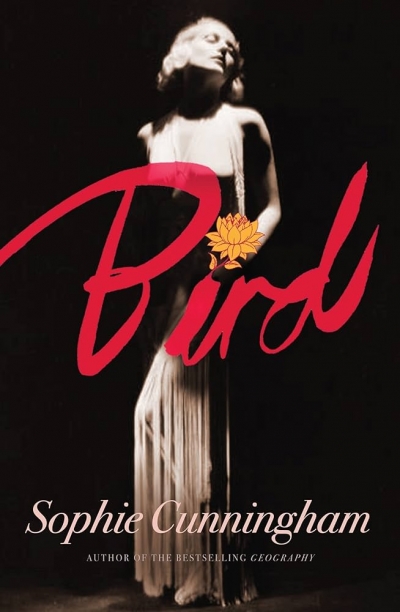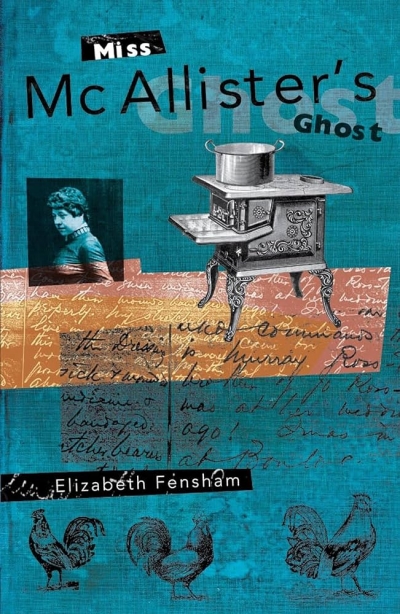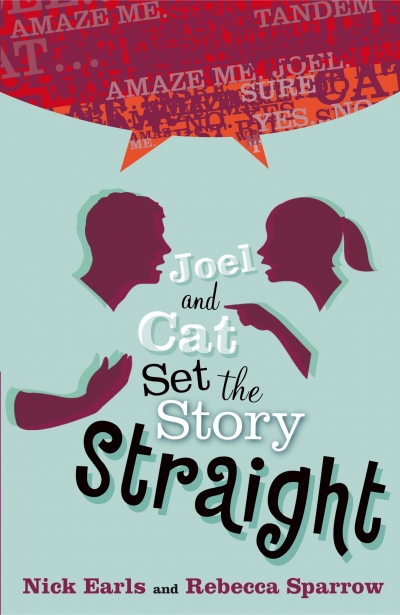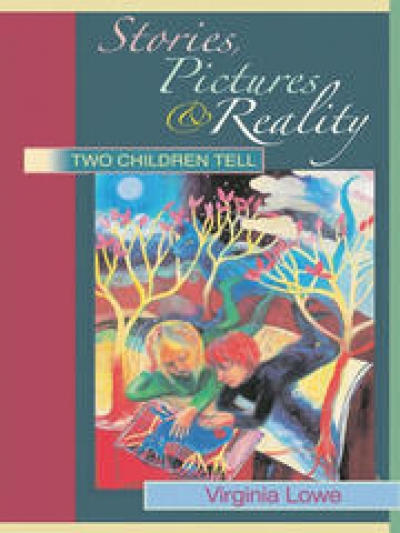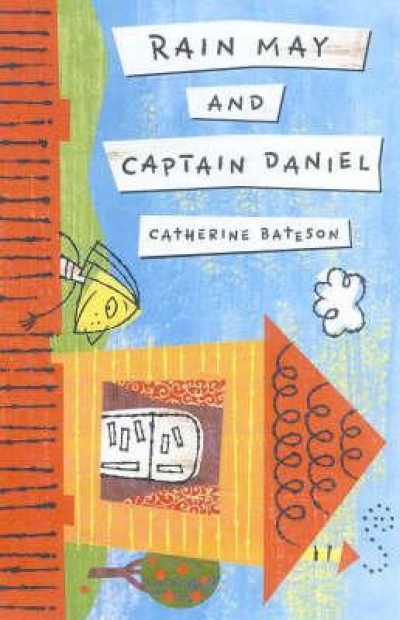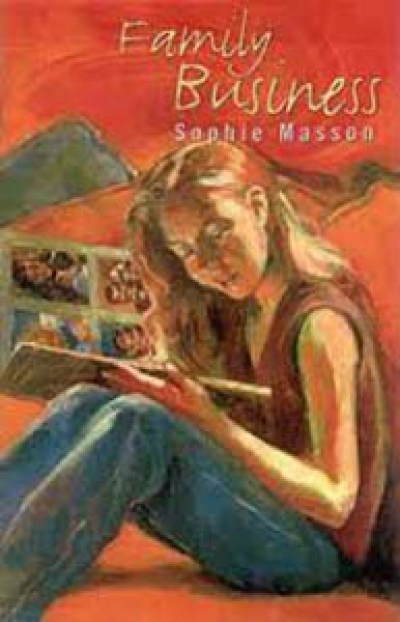Ruth Starke
Miss McAllister’s Ghost by Elizabeth Fensham & Take it Easy, Danny Allen by Phil Cummings
Lifelong love of books
Dear Editor,
Ruth Starke’s review of my book Stories, Picture and Reality: Two Children Tell (October 2007) is a competent, even enthusiastic, summary of the book’s main points, with emphasis on its uniqueness (starting with infants and books, and including siblings). She notes that no other male child has been studied in this way.
... (read more)Joel and Cat Set the Story Straight by Nick Earls and Rebecca Sparrow
Stories, Pictures and Reality: Two children tell by Virginia Lowe
Humour sells, and it is no coincidence that the best-selling authors in children’s fiction know how to tell a funny story. It can be pure escapism of the silliest sort or the kind of humour that helps us to cope with life’s disappointments, hardships and embarrassments. Most childhoods contain plenty of all three and thus provide rich material for writers, and none has pushed the boundaries further than Morris Gleitzman. Walking a fine line between what is funny and what is painful, he has successfully employed humour to explore such subjects as euthanasia, homosexuality, cancer and birth control, and the result has been books that have made thousands of readers laugh and cry, sometimes simultaneously. But the proliferation of recent titles featuring worms, toads and nostrils as protagonists has left me unmoved, and I feel lukewarm at best about those children overboard, underground or hiding from Nazis. Often the humour has seemed forced and contrived.
... (read more)Life’s not easy when … (fill in the blank according to your main story issue). It is a line that appears frequently on back covers and in press releases for junior fiction. But life is getting a lot easier for parents and teachers of reluctant readers who would far rather race around with a ball than curl up with a book. With the arrival of the sports novel, they can now read about somebody else racing around with a ball – or surfing, swimming, pounding the running track, wrestling, or cycling (the genre covers a wide field). Balls, however, seem to predominate. And problems. Life isn’t easy for publishers without a sports series. Hoping to emulate the success of the ‘Specky Magee’ books written by Felice Arena and Garry Lyon, publishers have been busy throwing authors and sport stars together, one to do the creative business, and the other to add verisimilitude and sporting cred.
... (read more)Rain May and Captain Daniel by Catherine Bateson & Too Flash by Melissa Lucashenko
Pat Flynn’s Alex Jackson: Grommet gets off to a confused start: no less than fifteen named characters in five pages, and a narrator determined to cram in as much background information as possible. Eventually the story starts to sort itself out. When it does, as the title itself indicates, we are in Lockie Leonard territory. The surfboard is a skateboard, Dad is a retired boxer instead of a policeman and, like Tim Winton’s eponymous hero, Alex is having trouble adjusting to his first year of high school and coping with his raging hormones:
... (read more)
